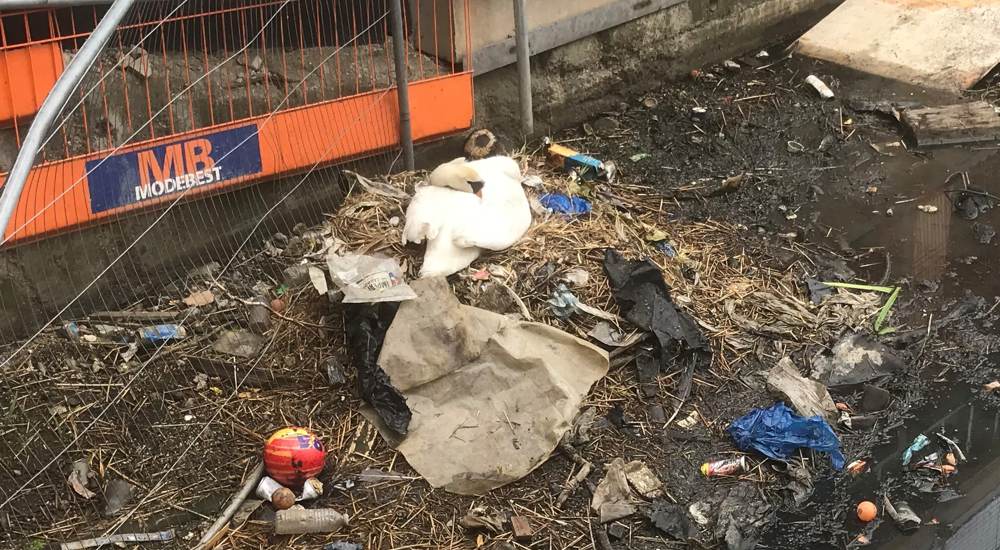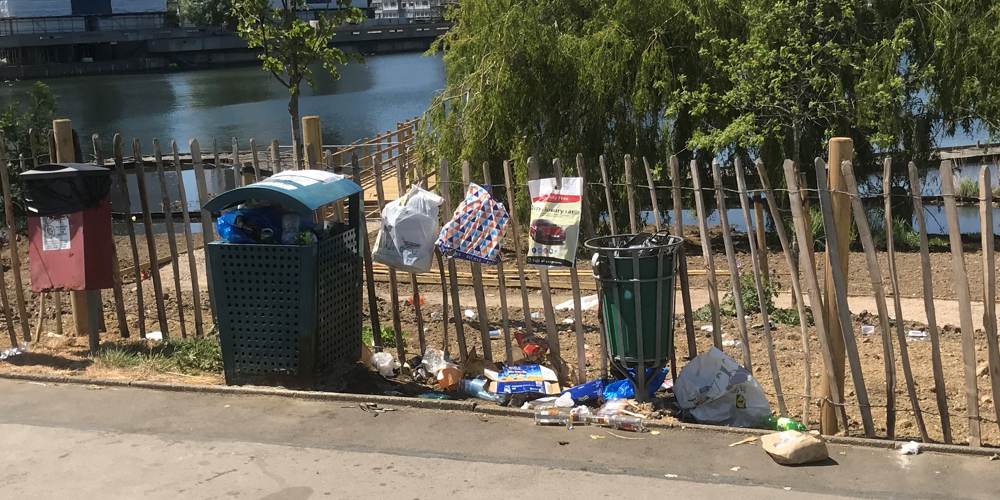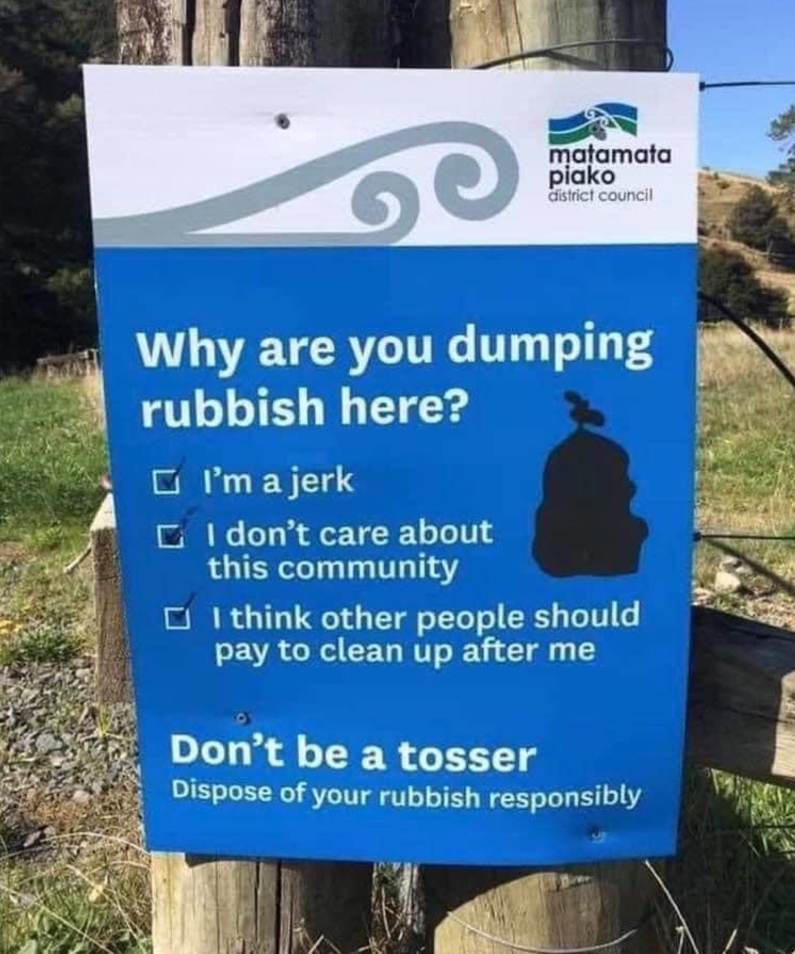There’s no hiding the fact that plastic is part of our everyday lives, but with this comes an ever-increasing amount of plastic pollution putting our environment and wildlife at risk.
It is estimated that eight million metric tons of plastic waste finds its way into our oceans each year, with over 150 plastic bottles littering each mile of UK beaches. By 2050 it is thought that the amount of plastic in our oceans will weigh more than all the fish combined.
As the world becomes more aware of the impact plastic pollution has on our oceans, especially during lockdown when the effects of less human activity have become so apparent, it is important to understand that plastic waste is also invading the habitats of Britain’s most iconic river wildlife.
Unfortunately, for the TES team, they have regularly witnessed a number of animals creating nests and habitats from plastic waste and this has made us passionate about creating change.

This heartbreaking image of a swan who’d made her nest on a mount of plastic and rubbish was taken recently by the TES team.
To give an overview, most pollution that we come across is actually land-based. It is fed into rivers, and then flows out to sea as a result of rainwater and the wind moving mismanaged waste. Mismanaged waste is one of the greatest issues that we need to tackle – it can sometimes be caused accidentally when a material isn’t correctly placed into bins for example, or because the object cannot be recycled, which is all too common when it comes to plastics.

Plastic debris can be toxic to wildlife and fragile ecosystems. Habitats can be physically altered as the buildup of waste causes structures to become displaced, light and oxygen levels may be reduced as plastic takes up the floor bed of rivers, ponds and lakes, meaning they can no longer support aquatic life, and many animals consume the waste producing a never ending food cycle affecting a number of predatory species.
As part of the Land & Water Group, TES is committed to leaving project sites in better ecological conditions than we find them.
Our dedicated team works tirelessly to ensure the waterways we work on are safe for native wildlife and as part of this we wanted to share some straightforward ways that you can help us to be part of a better future and reduce plastic pollution.
Be a conscious consumer
Try and reduce the amount of single-use plastics you use. Eight out of the ten most common waste items in the ocean are single use plastics, this includes straws, plastic bags and take away food containers. By re-using utensils or opting for items made of alternative materials such as bamboo or cornstarch, you can start to create a difference.
Recycle
Take an interest in your local recycling scheme to understand what plastics can and cannot be recycled. By thinking locally, you are helping to make a change globally and this is an important first step. Perhaps if an item cannot be recycled, think about ways it can be re-used but remember that all plastics should be cleaned before they are disposed of otherwise this can contaminate other materials.
Tackle litter
You can also become active in picking up litter if you come across it when you’re out and about. When you’re on a countryside walk, or taking a stroll along the beach, keep your eyes peeled for any discarded rubbish. If possible, pick it up and take it home with you so it can be disposed of responsibly. By doing this, you’ll also encourage others to tidy up after themselves.

By making a conscientious effort to make these small steps, we are aiming towards a cleaner and safer planet. We can all play our part.